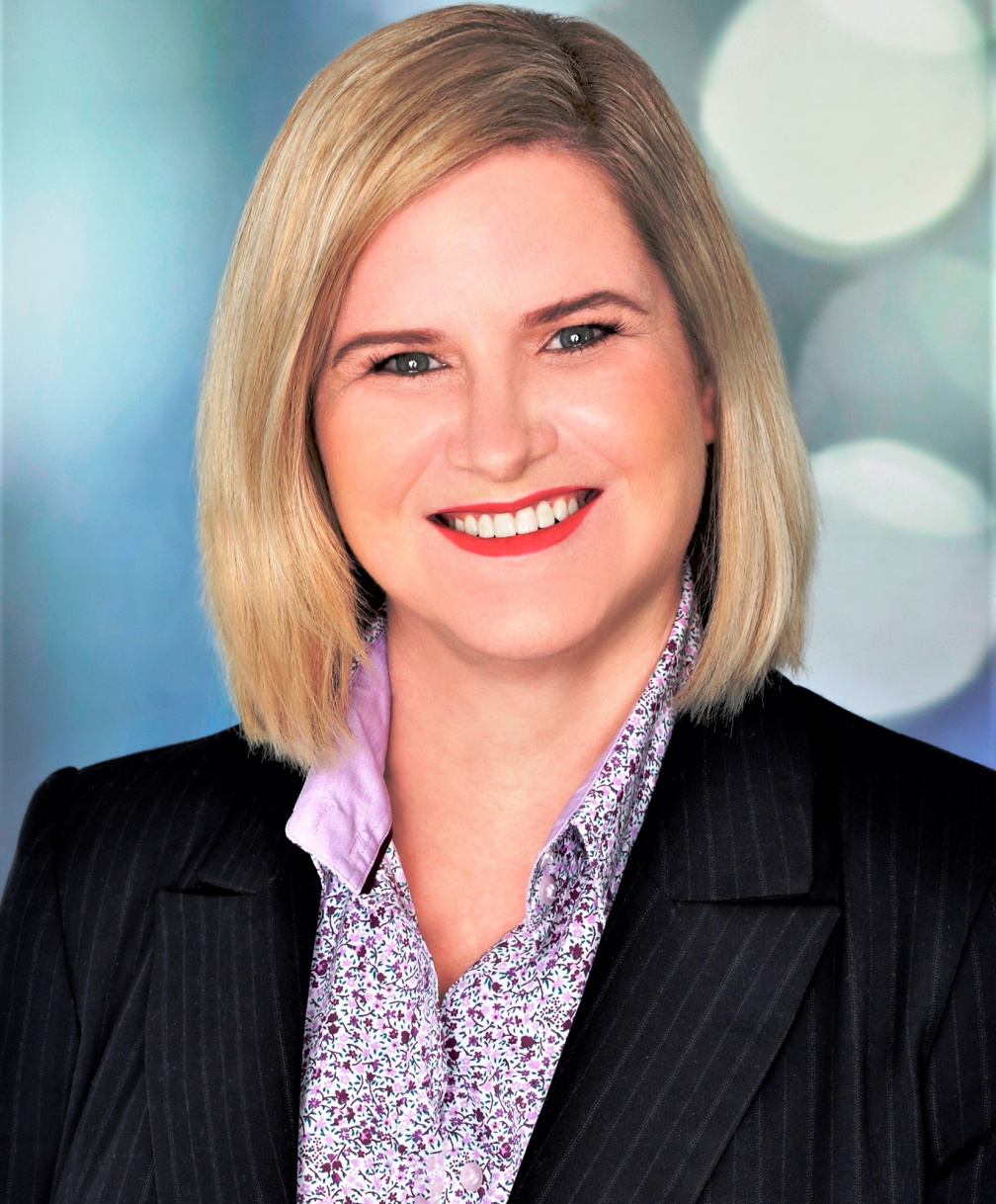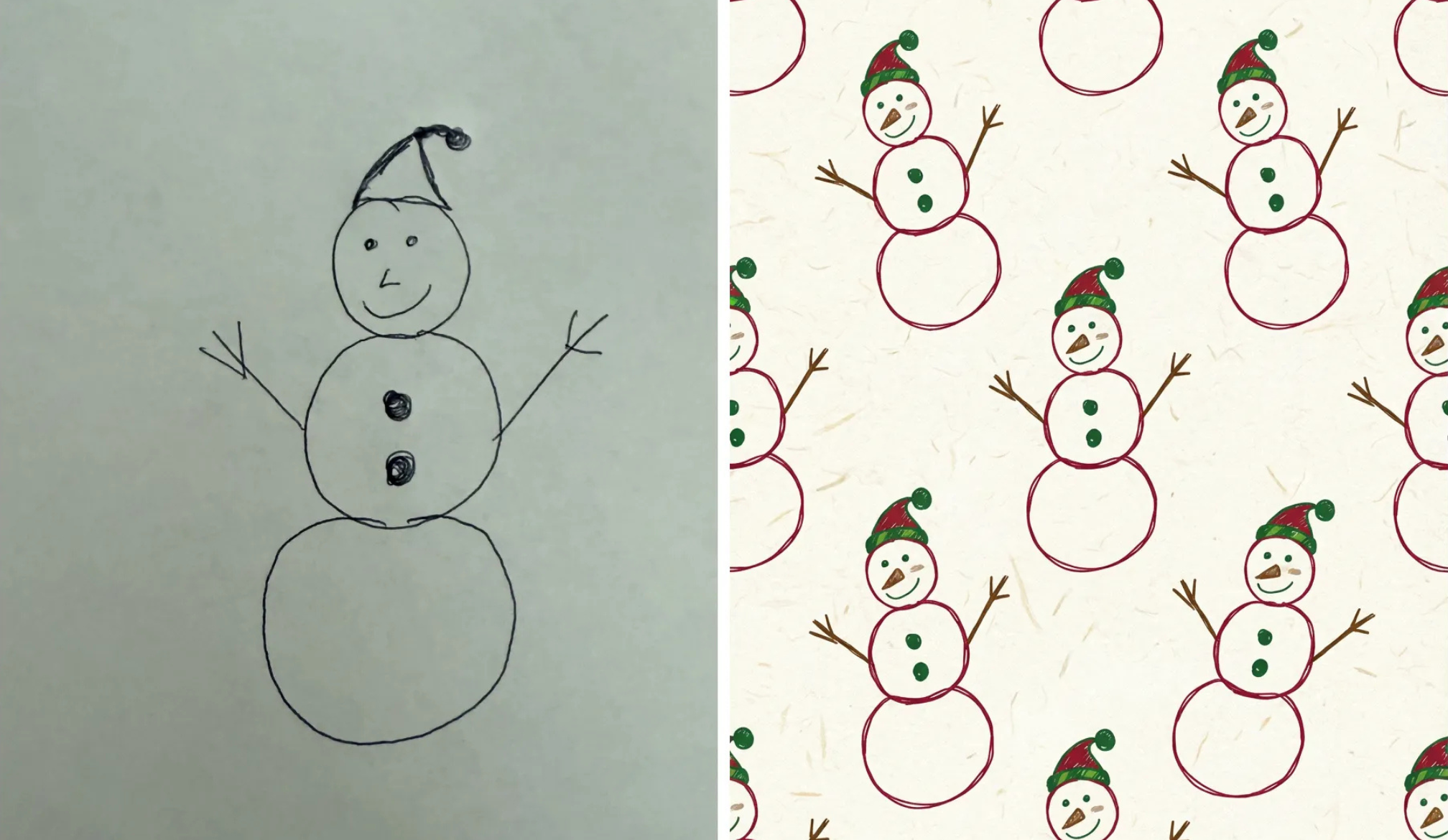Who owns the kid's Instagram account

It’s a tech issue becoming surprisingly more common as parents monetise their children’s social media presence through photo uploads to sites like Instagram – who actually owns these accounts?
What might have begun as cutesy snaps of the baby in nappies circulating to a friends group has grown to an income stream as Influencer parents promote their children through social media accounts whose ownership is becoming a legal quandary.
Now the question’s being asked – who owns those social media accounts, the parents or the children?
Brisbane intellectual property and cyber technology lawyer Nicole Murdoch says the answer to that question is actually incredibly complex.
“If the parent took the photos they probably own the copyright to the images, but in terms of the child demanding the handover, it’ll depend on what is occurring,” she says.
If a child was unhappy that their parents had uploaded photos from pictures in nappies to Halloween costumes and photos while bathing, they could argue the photos breach a privacy law.
Ms Murdoch, Principal with multi award-winning Brisbane Intellectual Property and Technology law firm EAGLEGATE Lawyers, says if the child demanded the images be removed and the parents refuse to take them down, that’s when an issue arises.
Kidfluencers is how the Australian referred to them when reporting on how children’s social media followings can generate hundreds of thousands of dollars in advertising revenue.
In effect mum and dad could be making a fortune from social media accounts that chart the life of their children but what if the children, as they get older, demand the images be removed or the account transferred to their ownership?
An increasing number of high profile social media Influencers are profiting from accounts that depict, some might say exploit, their children.
The Australian profiled a famous Australian in Thailand, Matthew Deane, a 43-year-old singer, actor and Thai boxing MC, who has an online following of some 6.2 million between him, his wife and two children on Instagram.
For the Deane family, social media is a part of the way they earn their income with their social media accounts often linked to product contracts.
Their children have huge social media followings orchestrated by their parents but Ms Murdoch says in a situation where children become old enough to understand how they are being portrayed on social media accounts, getting their parents to close the accounts or remove images could be difficult.
Ms Murdoch says one of the fastest ways to have photos removed would be to consider anti-bullying laws.
“Depending on the content of the material, one way to have the material removed would be to file a complaint with the eSafety Commissioner, they then may direct the service provider to take it down,” she said. “If they won’t take it down and cannot get consent from parents, then they could proceed to court.”
If an issue over account ownership arises, “you might be able to claim for deceptive and misleading conduct as to who is really controlling the account,” Ms Murdoch says.
“The child may be able to establish a legal argument trying to establish a claim that they may have been exploited beyond child labour laws. Further there may be issues as to who is entitled to the income from the accounts. Where does the money go: the parent or the child”
Children may find themselves in a similar situation to a lot of young actors, Ms Murdoch explains.
“You have to remember the child is a junior. On Instagram, you might run an argument that the work is being completed by the child,” she says.
In America, it’s common to see twins sharing a single role in a television series or movie in order to get around work hours limited by child labour laws, she says.
“The guardian would have to give consent for their child to work … now where that payment goes raises issues about their responsibility.
“By extension the same argument could be applied to the use of children’s’ images to generate income on social media pages.”























